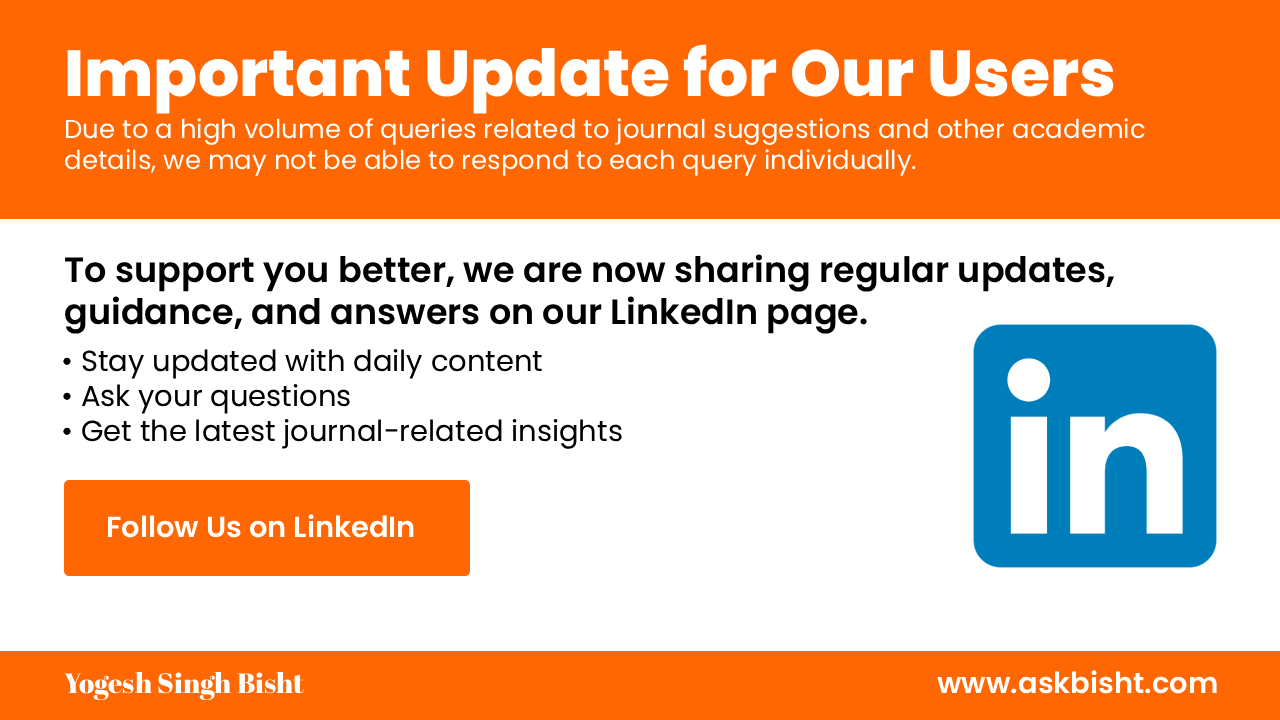Torture
Published by International Rehabilitation Council for Torture Victims (Journal Finder)
ISSN : 1018-8185 eISSN : 1997-3322
Abbreviation : Torture
Aims & Scope
There is growing awareness of the need to explore optimal remedies to restore the physical, psychological and social well-being of torture victims.
Torture Journal is intended to provide a multidisciplinary forum for the exchange of original research among professionals concerned with the biomedical, psychological and social interface of torture.
The journal seeks to produce state-of-the-art knowledge on methodologies, approaches and disciplines available to provide health-based rehabilitation as well as educational and preventive aspects related hereto.
Furthermore, the editors wish to encourage dialogue among experts whose diverse cultures and experiences provide innovative and challenging knowledge to existing practice and theories.
View Aims & ScopeMetrics & Ranking
SJR (SCImago Journal Rank)
| Year | Value |
|---|---|
| 2024 | 0.218 |
Quartile
| Year | Value |
|---|---|
| 2024 | Q3 |
h-index
| Year | Value |
|---|---|
| 2024 | 27 |
Journal Rank
| Year | Value |
|---|---|
| 2024 | 20191 |
Journal Citation Indicator
| Year | Value |
|---|---|
| 2024 | 52 |
Abstracting & Indexing
Journal is indexed in leading academic databases, ensuring global visibility and accessibility of our peer-reviewed research.
Subjects & Keywords
Journal’s research areas, covering key disciplines and specialized sub-topics in Medicine, Psychology and Social Sciences, designed to support cutting-edge academic discovery.
Licensing & Copyright
This journal operates under an Open Access model. Articles are freely accessible to the public immediately upon publication. The content is licensed under a Creative Commons Attribution 4.0 International License (CC BY 4.0), allowing users to share and adapt the work with proper attribution.
Copyright remains with the author(s), and no permission is required for non-commercial use, provided the original source is cited.
Policy Links
This section provides access to essential policy documents, guidelines, and resources related to the journal’s publication and submission processes.
- Aims scope
- Homepage
- Oa statement
- Author instructions
- License terms
- Review url
- Board url
- Copyright url
- Apc url
- License
APC Details
The journal’s Article Processing Charge (APC) policies support open access publishing in Medicine, Psychology and Social Sciences, ensuring accessibility and quality in research dissemination.
This journal does not charge a mandatory Article Processing Charge (APC). However, optional open access publication may incur fees based on the publisher’s policies.
Explore journals without APCs for alternative publishing options.
Most Cited Articles
The Most Cited Articles section features the journal's most impactful research, based on citation counts. These articles have been referenced frequently by other researchers, indicating their significant contribution to their respective fields.
-
The need for the Principles on Effective Interviewing for Investigations and Information Gathering
Citation: 21
Authors: Juan E.
-
Capoeira Angola: An alternative intervention program for traumatized adolescent refugees from war-torn countries
Citation: 21
Authors: Shakeh, Mariano, Emma, Russell, Jorge
-
Ukrainian universities at the time of war: From occupation to temporary relocation
Citation: 21
Authors: Natalia, Yana, Olha, Hanna, Sergii, Ihor
-
Expert medico-legal reports: The relationship between levels of consistency and judicial outcomes in asylum seekers in the Netherlands
Citation: 16
Authors: Rembrant, Lennard Van, Evert, Geert
-
Experiences of gender-based violence in women asylum seekers from Honduras, El Salvador and Guatemala
Citation: 16
Authors: Kim A., Eileen, Megan R., Elizabeth K.
-
The medico-legal assessment of asylum seeker victims in Italy
Citation: 14
Authors: Francesca, Lorenzo, Lidia, Enrico Angelo, Vera Gloria, Elisa, Marzia, Andrea, Alessandra, Cristina
-
Testing the validity of ICD-11 PTSD and CPTSD among refugees in treatment using latent class analysis
Citation: 14
Authors: Maria Louison, Sabrina Brødsgaard, Mikkel, Ask
-
“We are the memory representation of our parentsâ€: Intergenerational legacies of genocide among descendants of rape survivors in Rwanda
Citation: 14
Authors: Marie Grâce, Annemiek
-
Validation of the Protect Questionnaire: A tool to detect mental health problems in asylum seekers by non-health professionals
Citation: 11
Authors: Ricarda, Boris, Evert
